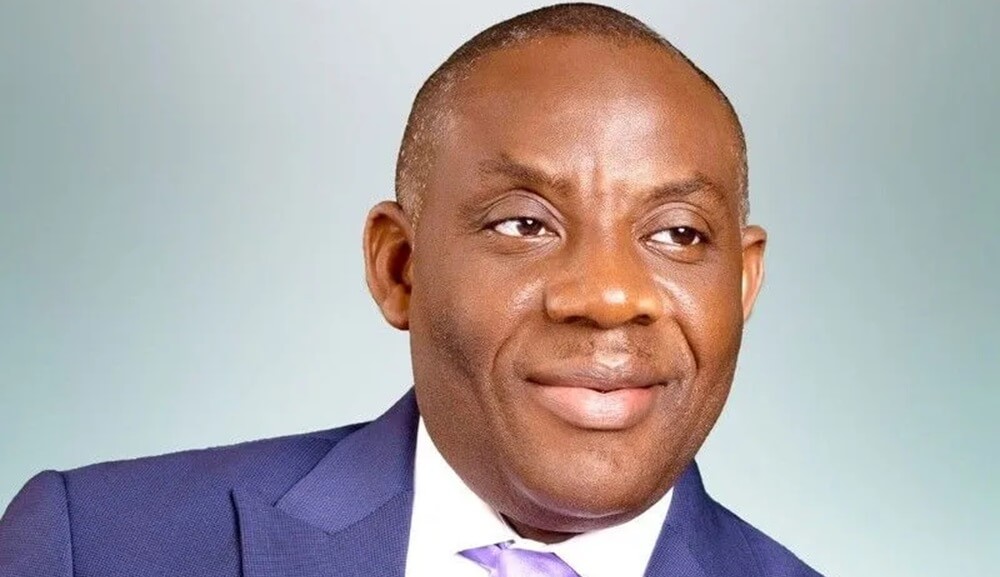FG Brings 24-Hour Solar Power to 24 Tertiary Institutions
FG Brings 24-Hour Solar Power to 24 Tertiary Institutions
By Achimi Muktar
Imagine a Nigerian university where the lights never go out — labs hum with activity deep into the night, libraries glow with learning, and students charge their devices without fear of blackout. That dream is now a reality for 24 federal tertiary institutions, thanks to a bold renewable energy push by the federal government.
Under the Energising Education Project (EEP), spearheaded by President Bola Tinubu’s administration, solar energy infrastructure has replaced erratic power supply with round-the-clock electricity in some of the nation’s top campuses.
Dr. Tunji Alausa, the Minister of Education, made the big reveal in Abuja during a collaboration signing ceremony, where eight more universities were added to the fourth phase of the EEP rollout. Addressing Vice Chancellors of the new beneficiaries, Dr. Alausa didn’t mince words about the scale of the project.
“This project brings continuous, 24-hour electricity to our institutions,” he announced. “It allows for increased academic activity, powers laboratories and libraries throughout the day and night, and improves living and learning conditions for both students and faculty.”
One of the most striking examples is the University of Abuja — now renamed Yakubu Gowon University — which is powered by a solar farm with over 6,000 photovoltaic panels. It produces a staggering 3.3 megawatts of electricity daily, enough to run the entire campus without interruption.
But the benefits go beyond education.
“Any campus is a community by itself. With constant power supply, you unleash high economic activity,” Dr. Alausa explained. He revealed that the project is being financed through the Renewable Infrastructure Fund established by President Tinubu, with a goal of powering every federal tertiary institution by 2027.
The numbers are staggering. Abba Aliyu, Managing Director of the Rural Electrification Agency (REA), disclosed that over 100 megawatts of clean solar energy have already been generated across various institutions. More than 600,000 students and 50,000 staff have been impacted through the project’s first three phases.
And it’s not stopping there.
Phase 2 of the project has already delivered clean energy to two teaching hospitals and two universities, while Phase 3 — with eight new universities and one more teaching hospital — is set for commissioning soon.
The latest batch of institutions to plug into the power revolution includes heavyweights like Ahmadu Bello University, University of Nigeria Nsukka, University of Benin, University of Ibadan, University of Lagos, Obafemi Awolowo University, and more.
At the heart of this transformation is the REA’s solar mini-grid technology, tailored to meet the specific needs of campuses. The aim? To permanently solve the power crisis in Nigeria’s higher education sector.
If the vision unfolds as planned, by 2027, power cuts in Nigerian federal universities could become a thing of the past — replaced by an era of uninterrupted, solar-powered learning.

















